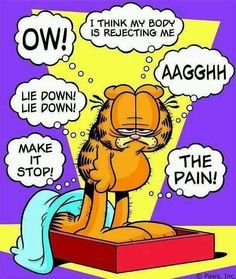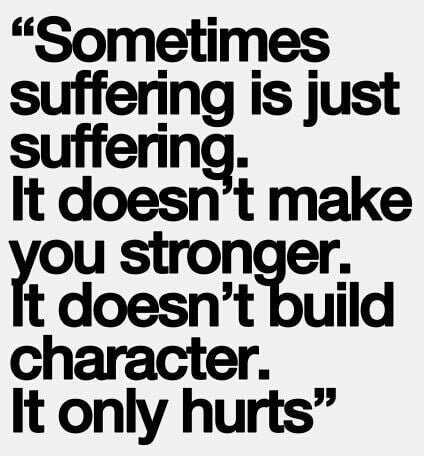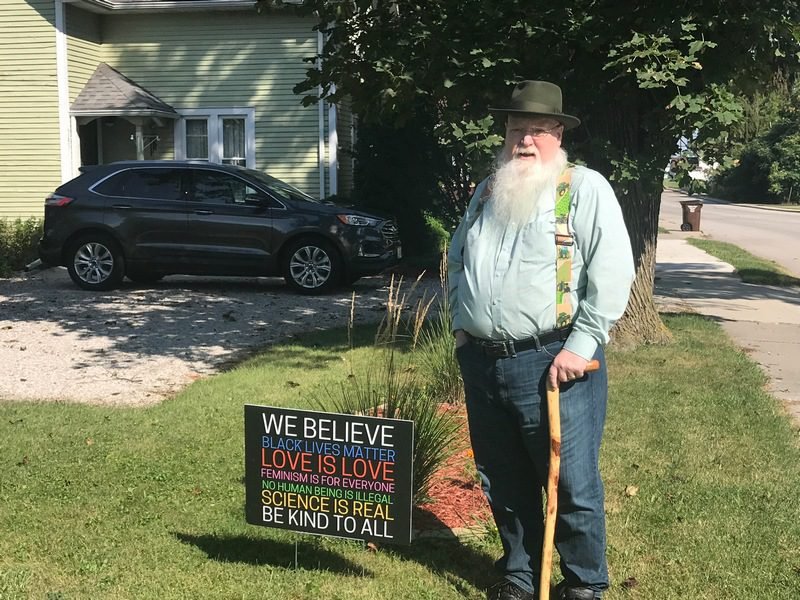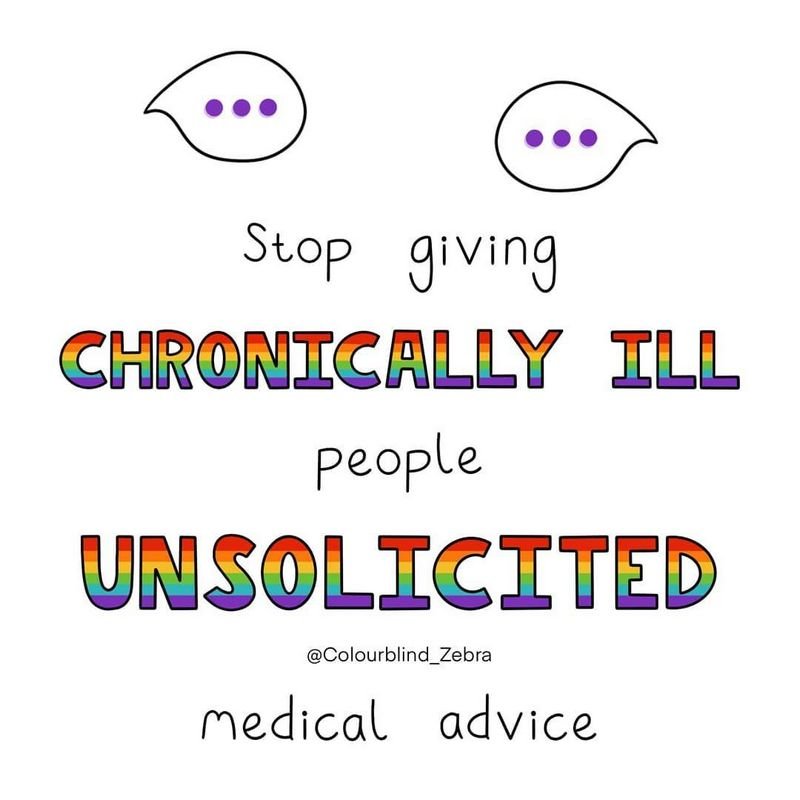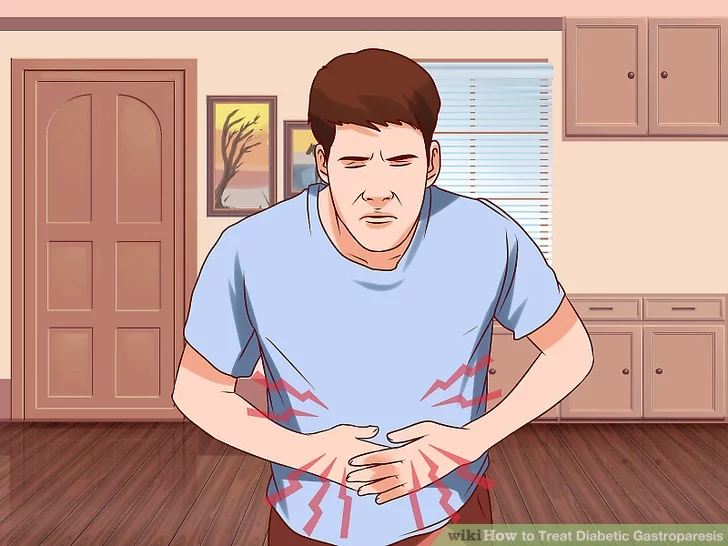
Humor: How You Know You Have Gastroparesis — Part One
Warning! This post talks about bodily functions, especially vomiting and shitting.
Two years ago, I was diagnosed with an incurable, debilitating stomach disease called gastroparesis. As a result, I have lost 110 pounds. Constant nausea, lack of appetite, fits of vomiting, erratic glucose levels (mine dropped by 30 percent, changing my vision from nearsighted to farsighted), and chronic bowel problems are a few of the common symptoms. (Many gastroparesis sufferers end up on feeding tubes.) Bowel movements are often life’s greatest adventures. Will today be the day I shit? Gawd, that was the mother of all turds. Diarrhea? Really? I was constipated yesterday. Bowel movements every day for a week, and then no bowel movements for days. Gastroparesis, also called stomach paralysis, slows the movement of food from your stomach through your intestinal tract. Sometimes, food takes 4-7 days to make it through my system. My problems are further complicated by the fact that I also had my gall bladder removed several years ago.
I am nauseated all the time. There’s not a day when I am not nauseated. The nausea is such that there are days when I don’t want to eat. Polly is a superb cook. She will whip up awesome meals, only to have me say “I can’t eat” or after eating a bite or two I say, “I’m done. I can’t eat anymore of this.” Typically, I apologize to Polly for my lack of appetite, for making her “feel” like she’s to blame for my lack of appetite. I remind her, “it’s me, not you.” We will go out to eat at an upscale restaurant, only to have me not be able to eat my meal. Or worse yet, I will eat a $20 to $50 meal only to rush to restroom and throw up. There’s nothing worse than throwing up in a “pristine” public restroom. I mean nothing . . .
Late last night, I became increasingly nauseated. I’ve become good at judging my nausea, whether I can just tough it out or whether I will end up face down in the toilet. As my nausea became increasingly “challenging,” I took 4 mg of Zofran — a drug given to chemotherapy patients to combat nausea. Zofran is a quick-acting sublingual drug. Typically, Zofran lessens my nausea in 5-10 minutes. Not this time. I decided to take 4 mg more of Zofran. “Surely, this will tamp down my ‘nausea’ to tolerable levels,” I thought to myself. Unfortunately, my nausea only got worse. Soon, I knew it was time to head to the bathroom.
As I haltingly shuffled to the bathroom, I put my left hand over my mouth, hoping to quell the gag reflex that was telling me to vomit right then and there. I made it to the bathroom without incident, knelt down, and violently vomited. And I mean “violently.” After ten or so minutes, I got up off the floor, washed out my mouth, and washed my face. I also had to wash my beard since it’s long enough that it drops into the toilet water when I am vomiting. Gastroparesis, a gift that keeps on giving.
I shuffled back to the living room, plopped down in the recliner, and started watching the Big Ten Men’s Basketball Conference Tournament again. (Ohio State lost. Damn you, God.) I had Bethany get me a glass of room temperature water, hoping to remove the taste of regurgitated food, stomach acid, and bile from my mouth and ward off the dehydration that was sure to come.
Typically, once I have vomited I do not vomit again. Unfortunately, on this Mother of Gastroparesis Day, I repeated my first bout of vomiting. Afterward, I checked my blood pressure. It was 180/100 and my pulse rate was a racing 120. People can and do have heart attacks or die from violent bouts of vomiting. I took 100 mg of Hydralazine to drive down my blood pressure. Worse, the muscles in my abdomen, chest, and back were screaming. The muscles in my abdomen were so stressed and inflamed they were protruding. I saw and felt numerous knots in my abdomen, the direct result of the toll the two bouts of vomiting took on my body. Today I feel as if Polly beat me with a baseball bat.
What I have shared above alone would be a top-of-the-charts day. This night, however, was only getting started. Earlier in the day, I had a bowel moment. Somewhat normal, not too much work. Yea! A couple of hours later, I had another bowel movement, and a while later yet another one. These shits were looser, but still within the normal range. (People with gastroparesis spend a lot of time thinking about eating and shitting.) In the early morning hours, things changed. I had two successive bowel movements that were watery, smelly, and oily. Not a good sign. Thinking things were somewhat under control, we headed for bed. It was 4:00 am. Polly had come home two hours early from work to care for me. I was weak and unstable. I rarely ask her to come home, but I needed her help.
Polly quickly fell asleep. Damn, I am so jealous. I would not fall asleep until 10:00 am, six hours later. Thanks to the herniated discs in my upper back, I have to lie on my right side, with my head propped up with four pillows. Typically, I put my iPad Pro on the nightstand on my side of the bed — 12 inches away. I put on my MPow Bluetooth headphones, turned on the Apple+ app, and started watching The Mosquito Coast series (which is nothing like the 1980s movie with the same name — one of my favorite movies). Two episodes in, I felt a sudden urge to use the bathroom. I stood up, and as I did, my bowels exploded. I shit all over the bed and floor. As I made my way to the bathroom — twenty feet away — I plopped shit on the carpet and on the bathroom floor. My backside and legs were covered with smelly oily shit. I sat down, said WHAT THE FUCK, and emptied my bowel. Or so I thought I was emptying my bowel, anyway. Once I was done, I reversed my steps, cleaning up the mess I made. Thirty minutes later, this happened all over again. Then, at 8:00 am, I would have the mother of all bowel explosions.
After my second mess and clean-up, I brought two bath towels to bed and put them on my side of the bed. Back to The Mosquito Coast. Around 8:00 am, I felt an overwhelming urge to shit. I mean right now, do not pass go, do not collect $200. I stood up and then it happened. I said NOOOOOO!, grabbed one of the bath towels and put it up to my ass, trying to stop the mess that was coming. I ended up with shit on the bed, floor, wall, curtain, nightstand, and iPad charging cable. along with shit on the dining room carpet, bathroom floor, and toilet. I later washed up my backside.
I finally fell asleep around 10:00 am, waking up at 4:00 pm. Polly came into the room and said she needed to strip the bed so everything could be washed, including our electric blanket. I am washing our bedding now. The oily shit permanently stained our padded bed cover. It now smells clean, but it sure looks like shit — literally. 🙂
I asked Polly to take a look at my backside to make sure I was shit-free. She started laughing. River Shit had cut a course down the back of my right leg. In between my toes and on the bottom on my feet were covered with shit too. Polly said, “Buddy boy, you need a bath.” I replied, “ya think?” We both laughed, and off to the bathroom I went to take a steamy hot, bubble-filled bath.
My life is back to “normal” today. Outside of a stained bed cover and lots of abdominal muscle pain, all is well. Or as I tell my counselor when she asks how I am doing, “I’m fine, wonderful, awesome, super, present and accounted for.” 🙂
Bruce Gerencser, 68, lives in rural Northwest Ohio with his wife of 47 years. He and his wife have six grown children and sixteen grandchildren. Bruce pastored Evangelical churches for twenty-five years in Ohio, Texas, and Michigan. Bruce left the ministry in 2005, and in 2008 he left Christianity. Bruce is now a humanist and an atheist.
Your comments are welcome and appreciated. All first-time comments are moderated. Please read the commenting rules before commenting.
You can email Bruce via the Contact Form.

